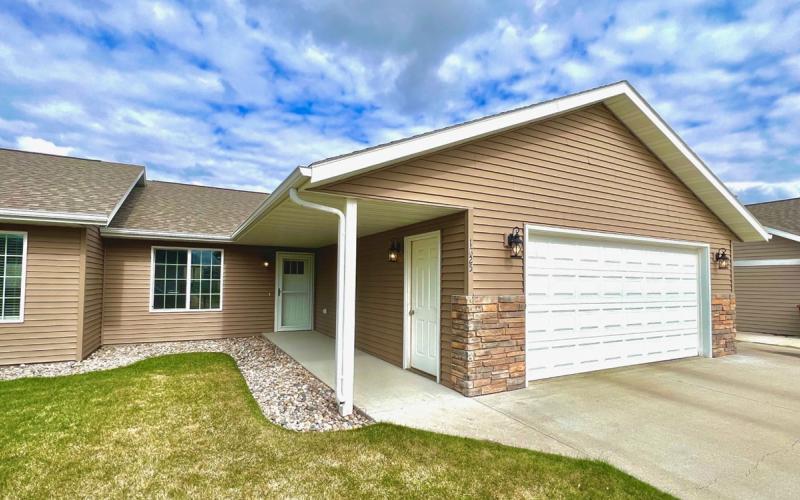
Planning for care and end-of-life is overwhelming. This content may help you prioritize activities around planning for these eventualities in your life.
Tips and Reminders
- Planning needs to happen prior to a medical or crisis situation, such as a fall. Not preparing in advance will limit long-term care options available.
- If remaining in the home is a high priority, then the expenses of home modifications need to be included in financial planning.
- A Durable Power of Attorney may be required to execute some of the options listed in this web series (e.g. applying for resources, insurance information, housing placement, etc.), if a person has dementia or is otherwise incapacitated (e.g., farm or ranch injury).
- Accurate and organized record-keeping is critical to avoid allegations of elder abuse.
- Ensure important documents (e.g. DD214, birth certificates, deeds, divorce papers, adoption papers, etc.) are organized and can be accessed by appropriate people.
- Create electronic copies of all documents.
- Naming two people as Financial Power of Attorney may reduce risk financial abuse or misappropriation of funds.
Reference
- Mulcahy, J.R. (2000) Elder law: General practice with a niche. Marquette Elder's Advisor: Vol. 1: Iss. 3, Article 8.


